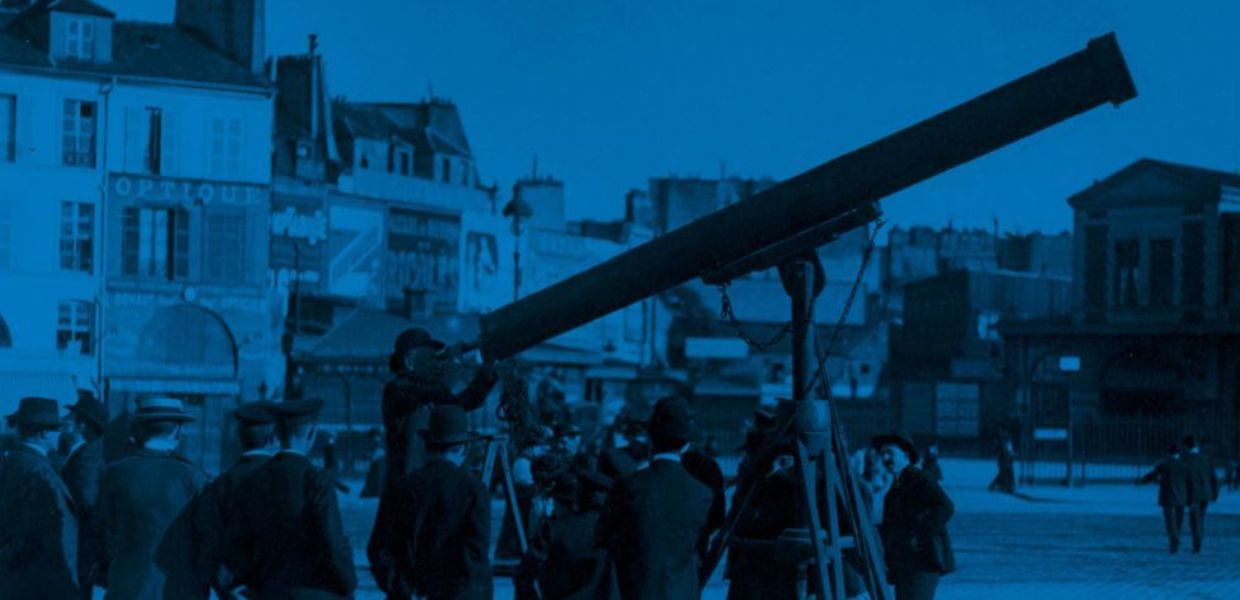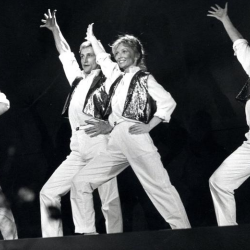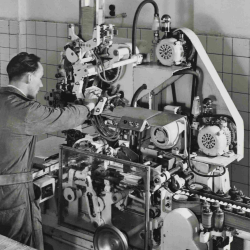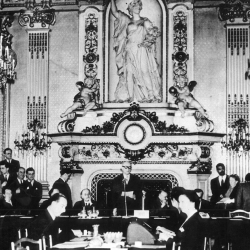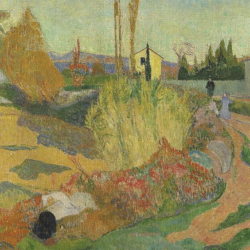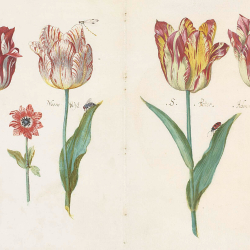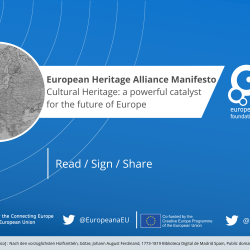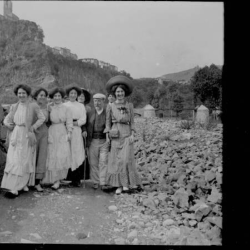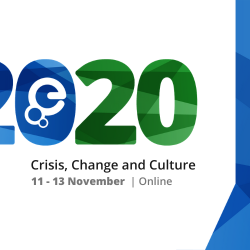Europeana highlights - spring/summer 2020
Every quarter we'll bring you a round-up of what's been going on across the Europeana Initiative, but to start with let's look back at the last six months (April to September 2020). Highlights in this period include how the sector has responded to COVID-19, a new five-year strategy, updates from the organisations that make up the Europeana Initiative, improvements to our two websites, plus great new content and campaigns, and a new all-digital events programme.




.png)
